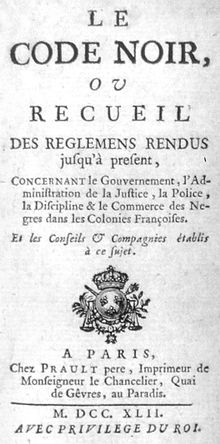Black Intellectual History and STEM: A Conversation with Dr. Chanda Prescod-WeinsteinPosted in Articles, Interviews, Media Archive, United States, Women on 2016-08-29 18:00Z by Steven |
Black Intellectual History and STEM: A Conversation with Dr. Chanda Prescod-Weinstein
AAIHS: African American Intellectual History Society
2016-08-29
Greg Childs, Assistant Professor
Departments of History and African and Afro-American Studies
Brandeis University, Waltham, Massachusetts
This month, I interviewed Dr. Chanda Prescod-Weinstein on the intersections of black intellectual history and STEM. Dr. Prescod-Weinstein is a theoretical astrophysicist specializing in early universe cosmology. She is the 63rd black woman in the United States to earn a PhD in Physics. She is currently a Research Associate in Physics at the University of Washington, Seattle and the editor-in-chief of The Offing, an online literary magazine.
Greg Childs (GC): What were some of the formative texts or life moments that helped you decide to pursue STEM research?
Chanda Prescod-Weinstein (CPW): When I was ten, my mom took me to see the Errol Morris documentary, “A Brief History of Time,” which was about the great theoretical physicist Stephen Hawking and his ideas about the universe. I hadn’t wanted to see the film because I thought documentaries were stupid, but half way through, Hawking was talking about black hole singularities and how we don’t really understand the physics at that point in spacetime. My mind was blown by two things: there were things Einstein hadn’t figured out, and you could get paid to worry about things Einstein hadn’t figured out! I was sold. I came out of the theater begging my mom to buy Hawking’s book of the same title, but she was worried it would be too hard and discouraged me. Her brother, my Uncle Peter, bought it for me as an 11th birthday gift a few months later. After that, I looked Stephen Hawking up and emailed him to ask how to become a theoretical physicist. One of his grad students responded. Here I am 23 years later doing theoretical physics.
GC: You engage with a broad range of important black thinkers and creators in your writings, from Sojourner Truth to C.L.R. James to Prince. How has your engagement with African-American history and philosophy impacted the way you theorize about the universe or lecture on astrophysics?
CPW: Long before I even knew what physics was, the history of the African diaspora had been knitted into me through my family, my name, and conscious education. This necessarily means that I have never considered doing physics or being a physicist separately from the unfolding story of Blackness…
Read the entire interview here.


